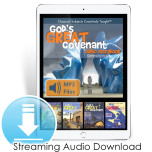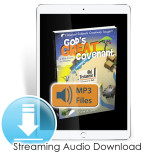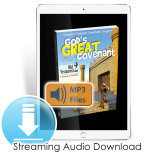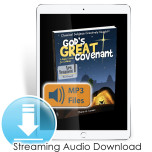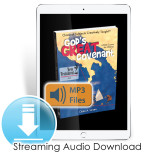We use cookies to make your experience better. To comply with the new e-Privacy directive, we need to ask for your consent to set the cookies. Learn more.
These are contained (include the story), inexpensive, and non-consumable literary components you can weave into your language arts for middle and high school ages. Each one can be done by a student and parent, small group or a classroom. The content is not religious unless the author mentions it as a talking point (even then, they are not biblical in nature.) It's the questions after the story that really tripped my trigger! Why do you think so-and-so responded the way he did? Why was that good or bad? What might you have done in that situation? I'm generalizing to show the higher-order thinking structure of the questions. A short biography of the author and some background to the setting introduces the mood to come. Read the story, then comes the discussion questions. You could easily make a question into an essay topic! The voice of the guides themselves is very friendly and conversational. It makes for a relaxed vibe going into some pretty dark and heavy literature. The prices vary with the length of the reading, but they all have the same pre- and post-story content. A few scattered illustrations poke fun at the topics. At the end, I quite liked reading some quotes from the author and suggestions for further reading. These feel like something you could work into a busy week when you may not get to your heavier work. Or maybe you find yourself picking one up between larger novels to discuss. The titles are some that you may not know, so have a try at something new! I would get the whole set if it were me. ~Sara
